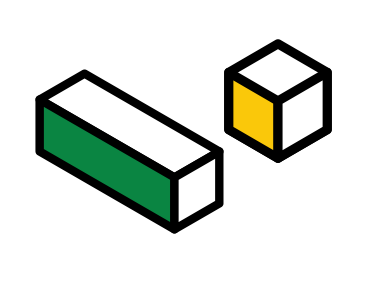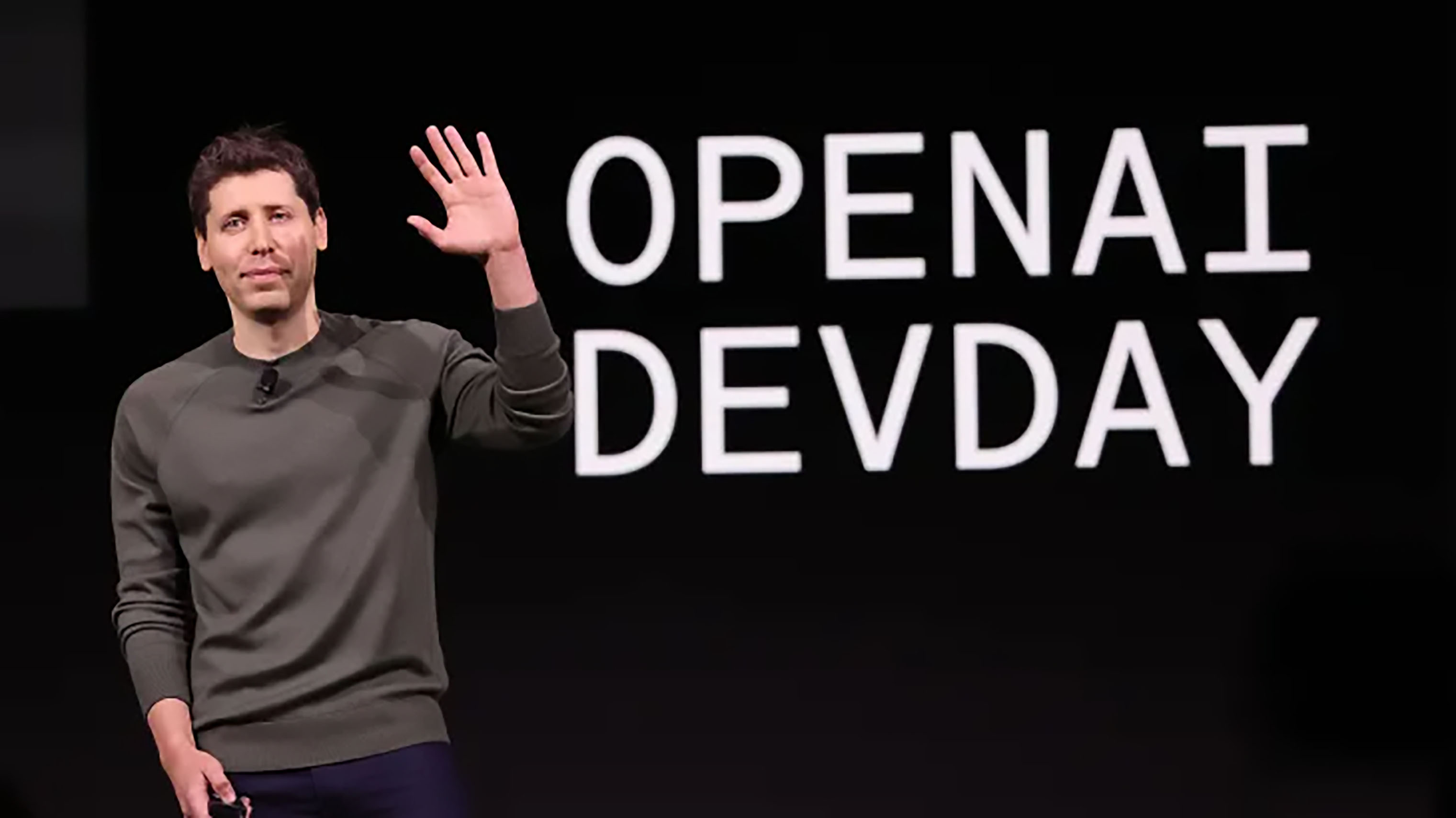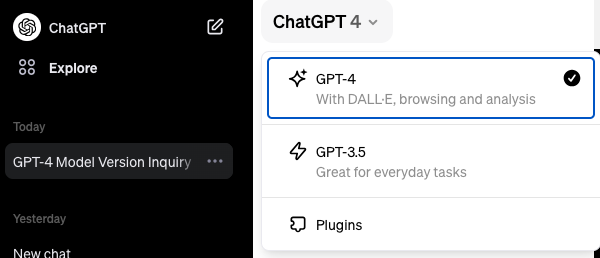

My Take on the OpenAI Dev Day Announcements as an Experienced Marketer and Agency Operator


The recent OpenAI Dev Day has been a fountain of groundbreaking updates. As someone entrenched in the marketing and agency world for years, I find these developments not just fascinating, but game-changing for our industry. Let's unpack these announcements and explore their potential ripple effects.
What I really want to talk about here today is what these developments foretell and the impact this will have on our industry. I will highlight the key developments and reflect upon the changes this may bring to our industry and the wider business community over the next few years.
ChatGPT4-Turbo: More Than Just an Upgrade
The introduction of ChatGPT4-Turbo is more than a mere upgrade—it's a paradigm shift. With a whopping 128k token context window, it's outpacing Claude from Anthropic, setting a new bar for AI capabilities. The integration of Dall-E 3, Code Interpreter, GPT-Vision, and Text-to-Speech, all accessible in tandem, signals the end of the Beta Features Selector. This multimodal capability empowers us to blend coding, image generation, and text-to-speech in unprecedented ways.

Multi modality is now available thru the API
For the tech-savvy and the brave-hearted, the OpenAI API's new features are a treasure trove. Imagine creating applications that harness vision, function calling, and the artistic flair of Dall-E 3. This isn't just an improvement; it's a whole new playground for developers aiming to revolutionise business operations.
RAG Integration: Simplifying Complexity
The API's new retrieval ability is a quiet revolution. By integrating external information seamlessly, OpenAI might have rendered a whole host of SaaS applications obsolete. This feature simplifies what was once a complex architecture, making advanced AI capabilities more accessible. With retrieval built into ChatGPT, you can now add your business context and information to ChatGPT to teach it about your business.
Plugins will now become GPT Actions.
The rebranding of plugins to GPT Actions is not just a name change—it's a strategic move. It aligns perfectly with OpenAI's journey towards Artificial General Intelligence (AGI). This step shows a commitment to surrounding the core GPT engine with a suite of sophisticated tools, edging closer to true general intelligence.
Personalised ChatGPT Assistants
Here's a big one: the introduction of personalised ChatGPT assistants. These assistants aren't just multi-modal—they're a leap towards a future where asking a computer to perform complex tasks becomes the norm.
As Sam Altman himself pointed out, "Eventually you will just ask the computer what you need and it will do all of these tasks for you". So Assistants are not quite there yet in terms of their ability to strategise and plan but OpenAI's intentions are pretty self-evident, as Sam continued, "we are taking the first small step that is moving us towards this future".
This vision of businesses harnessing swarms of autonomous agents for strategic tasks seems closer than ever. The App Store for GPT Assistants is the cherry on top, democratising AI development and allowing for the monetisation of custom GPTs.
Copyright Shield: A Shield Against Copyright Woes

OpenAI's promise to defend against copyright litigation is a significant relief, especially in an era where legal compliance is a major concern. This move, akin to those by Adobe and Microsoft, could accelerate the adoption of OpenAI's generative models.
Envisioning the Future: Autonomous Agents at the Forefront
Autonomous agents are set to take center stage, offering both exciting opportunities and challenges. In the marketing realm, envision a department run by specialised agents, each proficient in a unique aspect of marketing—strategy, media planning, creative direction, and more. This isn't a distant dream.
I can imagine a number of scenarios in Marketing where Autonomous Agents could prove very helpful and useful.
Imagine an entire Marketing Department built out with a swarm of Autonomous Agents collaborating with each other, each playing a specific role within the marketing function. One agent could be responsible for Strategic Marketing Planning, another could be a Media planning specialist and yet another could be a Creative Director Agent, who has been trained with all your brand guides and creative assets and will be responsible for working with and supervising the output of a Creative Production Agent who will produce copy and creative assets to be used in your marketing activities.
At Construct, we're already experimenting with assistants in strategic research, planning, and creative tasks, staying ahead of the curve.
Intrigued by the prospects of incorporating AI agents in your marketing strategy? Reach out for a conversation on pioneering in this space.
More insights